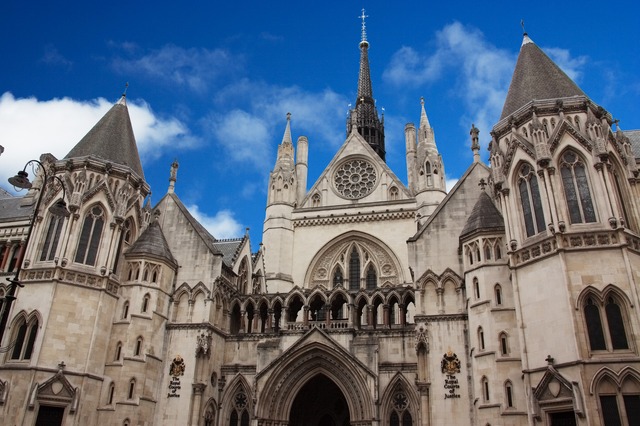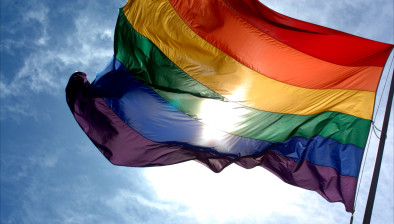UK: Passport authorities not required under ECHR to offer non-binary gender marker

The UK is not legally obliged to offer a gender-neutral passport option to people who identify as neither male nor female, the Court of Appeal in London has ruled.
Dismissing the case brought by Christie Elan-Cane, who identifies as “non-gendered”, the court said the need to have either an “M” or “F” gender marker on a British passport is not unlawful.
However, the court warned that could change if the international community moves towards recognition of non-binary gender identities, and rejected a cross-appeal on the applicability of Article 8 of the European Convention on Human Rights.
Delivering the judgment, Lady Justice King observed that “there is a respectable argument that we are approaching a time when the consensus within the Council of Europe will be such that there will be a positive obligation on the State to recognise the position of non-binary including intersex individuals if and when that time comes”.
She found that the cross-appeal, in which UK government lawyers argued that the ECHR does not protect a right to identify in a gender other than male or female, was “ill-founded”.
Gender is “one of the most important aspects of private life” and the appellant’s gender identification “undoubtedly engages Article 8”, the judge said.
Lawyers acting for Christie Elan-Cane said the court’s approach to Article 8 “represents an important development in terms of protecting the rights to respect individuals’ gender identity for those who do not identify exclusively as male or female”.
Associate Anne Collins of Clifford Chance, who acted on a pro bono basis, said: “It means, in practical terms, that the Government must take into account the rights of such individuals when taking policy decisions, marking a milestone in civil rights litigation on gender identity and LGBTI+ rights.”
Clifford Chance, working with Blackstone Chambers, is seeking permission to appeal the Court of Appeal’s decision to the UK Supreme Court.








